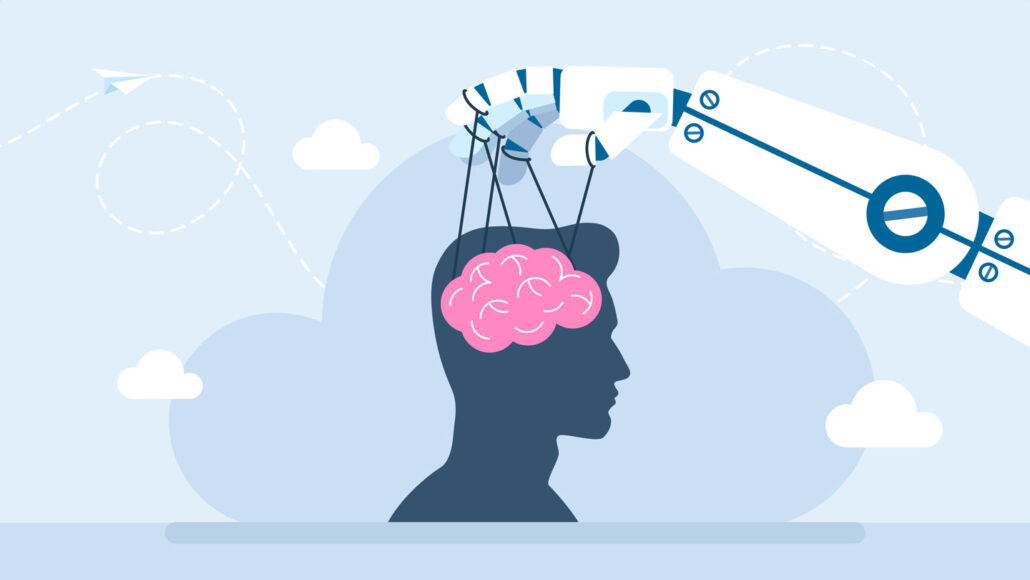Questions for ‘AI learned how to influence humans by watching a video game’

A new study shows how AI can learn to influence how people behave.
Yurii Karvatskyi/Stock / Getty Images Plus
To accompany ‘AI learned how to influence humans by watching a video game‘
Before Reading:
- Artificial intelligence, or AI, has developed quickly over the last few years. List three examples of AI that you may encounter in daily life. Consider how AI technology might advance over the next five years. Do you feel more optimistic or more worried about how AI might change our lives? Explain your answer.
- Come up with a one-sentence definition for the word “learn.” Based on your definition, do you think a machine — such as a computer — can learn? Explain why a machine could or could not meet the requirements of your definition.
During Reading:
- This article says that people in the future will probably work closely with AI. What “crucial and pertinent problem” must researchers tackle to prepare for such a future?
- Name at least one method researchers have used in the past to train AI. What are some drawbacks to using that method?
- Describe the four training methods researchers used in the described study to train the AI.
- How did the “human-deliver” version of the game differ from the “tomato-bonus” version?
- In this study, the human players were not told about the “double-point rules.” But AIs knew about it. What does this setup require that AIs do in order for the team to win?
- The offline-RL AI outperformed AI trained using the other three methods. Contrast the performance (in percentages) of the offline RL-trained AI teams with the next best training method.
- How did offline RL-trained AIs influence their human partners in the “human-deliver” games?
- What were the goals of the researchers’ follow-up study? What were their results?
After Reading:
- Imagine a world in which AI technology can influence human behavior. What might be a positive implication of this development? What is one potential negative implication of this development? Why do you think this will — or will not — be likely to upset people (when they learn about it)?
- Refer to your answer to Question 1 in Before Reading. If you answered this question again, would you answer the same way or differently? Explain why you would or would not revise your original answer. Refer to findings from this article to support your answer.